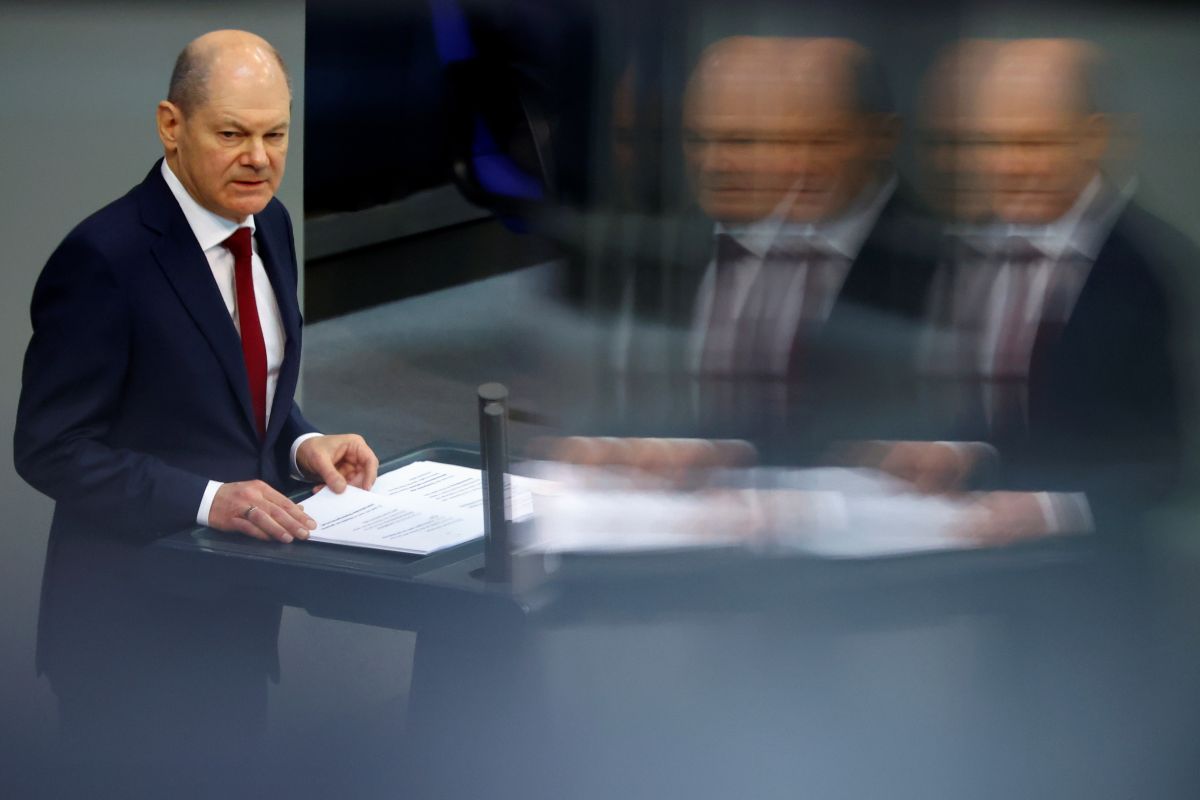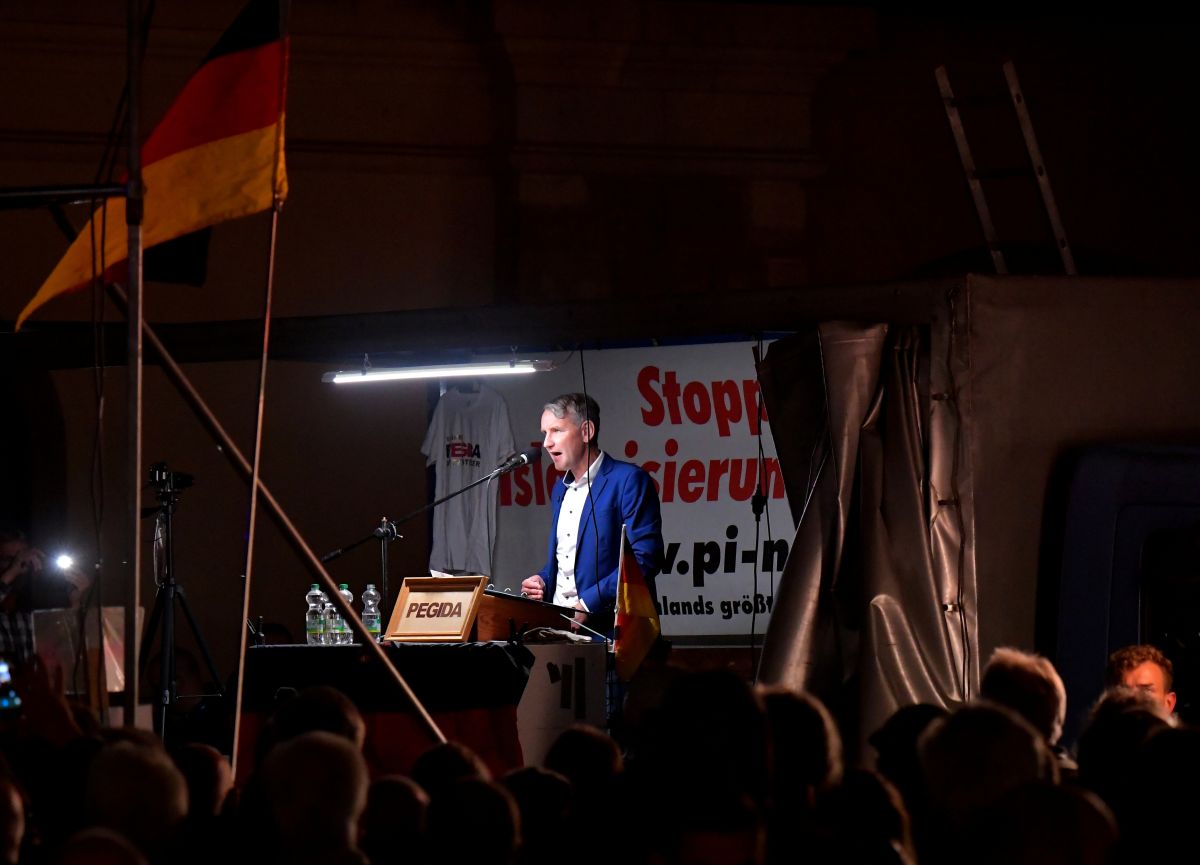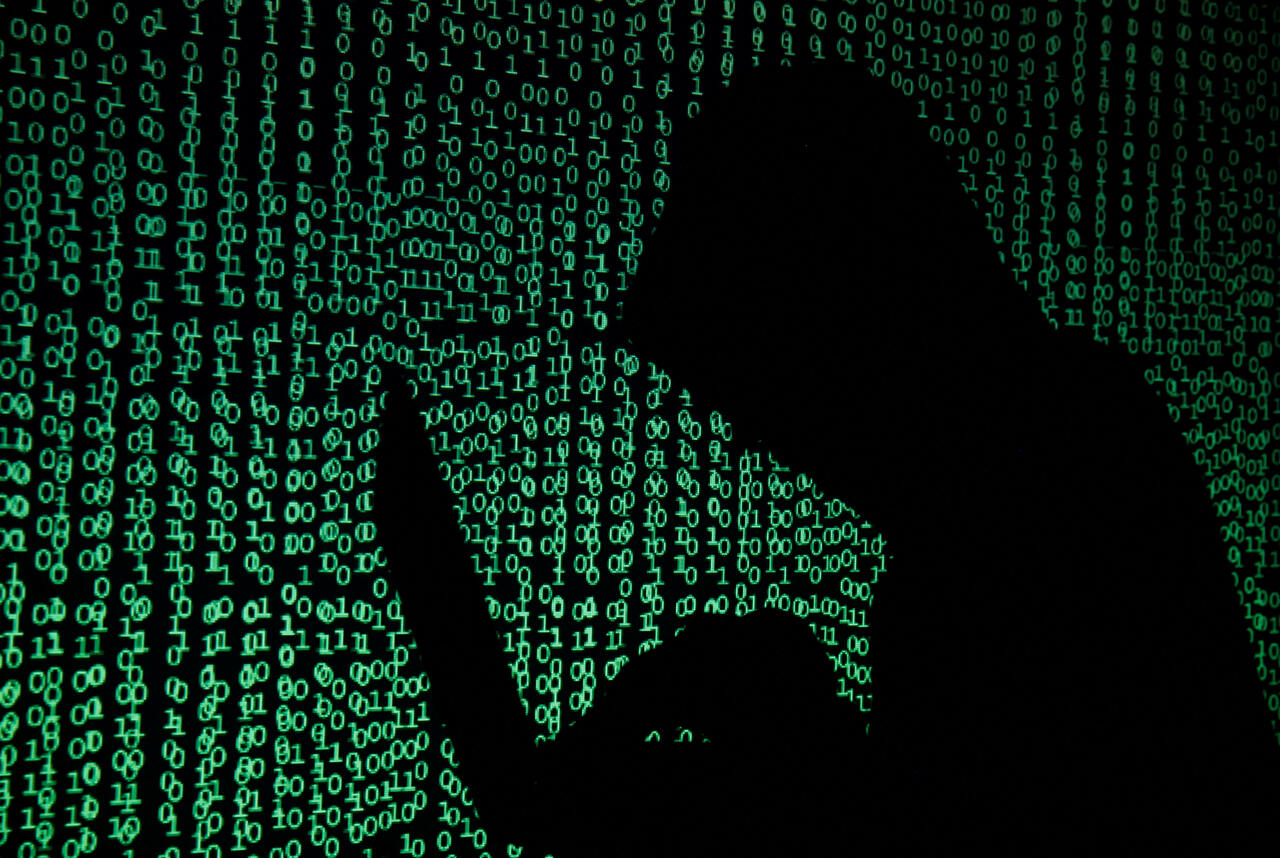Wiretapping Scandal Hits German Armed Forces
Russia’s release of recordings of conversations between high-ranking Luftwaffe officers is part of a Russian propaganda campaign aimed at undermining German public support for Ukraine and stirring up conflicts between NATO allies. The scandal that erupted from the publication of the recordings undermines both Chancellor Olaf Scholz’s and Defence Minister Boris Pistorius’ political positions, damages the Bundeswehr’s image, and strengthens pro-Russian political milieus in Germany.
 Lisi Niesner / Reuters / Forum
Lisi Niesner / Reuters / Forum
What was the content and background of the released conversations?
On 1 March, the editor-in-chief of the Russian propaganda television station RT Margarita Simonjan published a recording of a conversation between high-ranking officers of the German armed forces held on 19 February this year. Among them was Luftwaffe Inspector General Ingo Gerhartz. During the conversation, the officers analysed, among other things, how Taurus cruise missiles, after their prospective transfer to Ukraine, could be used to launch an effective attack on the Kerch Strait bridge. During the conversation, suggestions were made on how the Luftwaffe could support the Ukrainians in operating the Taurus from German territory. The publication of the recordings coincided with a Chancellor Scholz’s news conference at which he once again spoke out against the delivery of the missiles to Ukraine. During it, he also mentioned the presence of British soldiers in Ukraine to help handle the Storm Shadow missiles. The presence of the British, however, was also mentioned by participants in the overheard conversation.
Why is Chancellor Scholz blocking the delivery of Taurus missiles?
Ukraine asked Germany as early as May 2023 to deliver the Taurus missiles, which can strike targets up to 500 kilometres away from the launch site. Chancellor Scholz has repeatedly refused to deliver them, arguing that he cannot allow missiles to be used to attack targets on the territory of Russia for fear of “escalation” and dragging Germany into the war. He also used the argument—questionable in light of the disclosed recordings—that operating the missiles would require the presence of German troops in Ukraine. The Chancellor’s stance also stems from the level of fear among some of the SPD electorate and the party’s politicians about Russia’s potential and possible retaliatory actions. Scholz, in view of the European Parliament elections scheduled for 9 June, is trying to adapt to public opinion by avoiding decisions that are controversial for Social Democratic supporters. Germany is also probably hoping that by being cautious about arms deliveries, it will be able to take part in any negotiations between Ukraine and Russia in the long term.
How did the ruling coalition react to publication of the conversation?
In response to the scandal, Chancellor Scholz sought to calm emotions around the issue and announced the government would offer a thorough explanation of the circumstances surrounding the making of the recording. Minister Pistorius described Russia’s actions as a “hybrid operation” aimed at undermining German aid to Ukraine. Military counterintelligence launched a preliminary investigation that indicated that the leaked conversation was caused by one of the participants who had disregarded security rules and connected via an unsecured internet connection. In an effort to limit the Bundeswehr’s loss of image, the defence minister made a series of calls to his counterparts from NATO countries, telling them that the leak of the conversation was merely incidental. At the same time, in a bid to boost his image within the army’s officer corps, Pistorius ruled out resignations of the participants in the conversation at this stage. In a bid to defend the minister, politicians from the SPD-Green-FDP coalition stressed the need for an overall improvement in the state and security of the digital infrastructure, which had been neglected in previous years, and emphasised the growing threat of Russian cyberattacks.
What were the reactions of the opposition and public opinion?
Pistorius has faced criticism from the opposition CDU/CSU, which accuses the minister of a lack of oversight and ineffective implementation of reforms of the German armed forces. The head of the CSU group in the Bundestag, Alexander Dobrindt, has not ruled out filing a motion to set up a special commission of inquiry over the wiretapping case. Due to the lack of a majority in parliament, its establishment is unlikely. Further criticism targeting the defence minister and the Chancellor is to be expected.
Benefiting from the wiretapping scandal are pro-Russian parties, including Alternative for Germany (AfD), the Left (Die Linke), and the recently formed Sahra Wagenknecht Alliance (BSW), which have consistently advocated against providing any military aid to Ukraine, seeing it as putting Germany at risk of war with Russia. Influential AfD politician Björn Höcke saw the recordings as evidence of preparations for an attack on Russia, thus fitting in with the Kremlin’s narrative.
The release of the recordings has increased the number of opponents of missile deliveries in German public opinion. As early as August 2023, 52% of those surveyed were against such a step. According to the latest YouGov poll conducted 1-5 March, the percentage of opponents of Taurus deliveries rose to 58%. At the same time, however, 75% of those surveyed consider Russia to be the main threat to peace in Europe.
What consequences can be expected for the ruling coalition and Germany?
The wiretapping scandal is damaging both Chancellor Scholz’s and Defence Minister Pistorius’s positions, which will probably reflect in a decline in their approval ratings. On the one hand, the recordings refuted the Chancellor’s argument about the need to send soldiers to Ukraine to operate Taurus missiles. On the other hand, there are now questions about the level of authority of the head of government among the armed forces command staff. The wiretapping of the conversations of top officers and the content of their talks also puts the defence minister, who has been by far the most popular politician in Germany, and the subordinate services in a negative light and undermines the Bundeswehr’s credibility among allies. The disclosure of the wiretapped conversation further reduces the so-far slim chances of Taurus missile deliveries. A heightened debate can be expected about the deficits of the Bundeswehr and, more broadly, public administration in the area of cybersecurity.
Internationally, Germany’s credibility and prestige as a NATO ally has suffered, and mentions of British soldiers in Ukraine have damaged British-German relations in particular. The wiretapping scandal also points to the need for Germany to work more closely and urgently with allied countries, including Poland, in combating Russian disinformation campaigns, which was declared during the Weimar Triangle foreign ministers meeting on 12 February.







